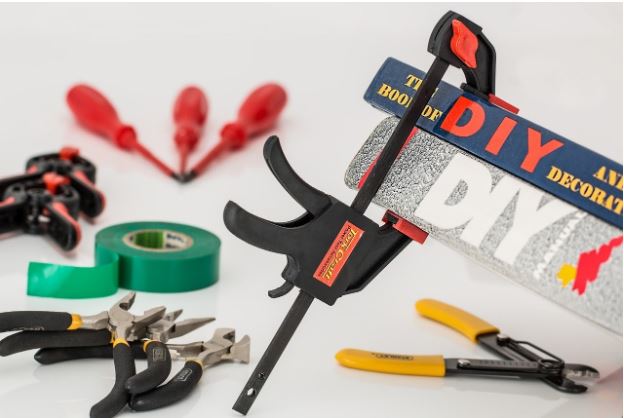
Check and Change Your Locks
Before you moved in, a lot of people checked the home and many workers went back and forth. Not to mention, there might have been a couple of open house days before the home was ever yours. So, it would be smart to check every lock in the house and the window locks too; it would be even better if you change all the locks.
It would certainly help you feel safer when you have locks you know no one else has the keys to. You can never be too careful nowadays; someone might have copied your keys without you noticing. So, stay safe, check your locks, replace if needed, and make sure all your window locks are working too.
Find The Main Water Valve and Circuit Breaker Box
Since this is a new home, you might not be familiar with your fuse box or the main shut-off valve. You need to check if everything is working before you start using your outlets and other valves in the home. In most cases, you’ll need some help from professional contractors. The service providers at My Trusted Contractor advise new movers to get prescreened contractors to make sure they’re certified and can help you properly with anything you need in your plumbing or electricity.
Make a quick sweep of every socket, outlet, pipe, fixture, and valve, and see if anything needs changing or repairing; this will make it easier for whoever comes and fixes it for you. Also, if there are any pipe problems or any major leaks after using the bathrooms and kitchen, then you will need to know how to turn the water supply off.
Label Everything, Plug In the Essentials, And Test Them
Remember to label everything correctly, because if it’s not labeled, then you might get confused or make mistakes in case of emergencies. You should check every outlet to see where is the best place to put your fridge, microwave, heaters, ACs, and any of the other electronics that you plan to move in. It’s important to check if everything is working properly; you can test it all out yourself, or wait for the professionals to arrive and they can do a thorough check for you.
Baby Proofing Everything
Some homeowners might have babies or toddlers. In that case, you will need to check every corner and make sure there isn’t anything sharp sticking out. Also, your fridge, toilet, and the stove would need to have sidelocks that would keep any curious child safe.
There might be random house hazards that could go unnoticed by everyone, especially in a new house, so make sure that everything is padded and taped safely to minimize cuts or scratches.
Clean The Carpet
If your home came with wall-to-wall carpeting or you’ve had it put in yourself, it would be smart to clean it all thoroughly because you never know how much dirt has collected on it during the moving process. When you smell something bad, but can’t figure out where it’s coming from; most of the time, it’s the carpet. So, check if you can invest in a heavy-duty steam-powered carpet cleaner, or hire some professional cleaners to do it for you.
Repaint and Fix Cracks
Just because it’s a new home, doesn’t mean it won’t need a fresh coat of paint. Check all the walls in every room to see if everything looks okay before unpacking. Some homeowners love repainting everything anyway, so it’s all fresh and suits their tastes. Also, you might find random cracks in the walls that need some work, and so, you’ll need to do some repairs so you can rest easy while staying there.
You could hire someone to paint the rooms for you, or you could do it yourself if you manage to get the right materials, tools, and paint.
The best thing for you to do is to get organized; you need a plan and a checklist to prioritize the needed step, and to plan ahead to see what might take longer and what can be done quickly. Some of the important tasks could take a few days or a week, so be prepared to make do with what you have the first few days. Just be sure you have everyone safe and secure inside your home. That way you’ll make your first weeks of settling in a lot better and stress-free.
________________________________________________________
Interesting related article: “Home renovation ideas.”
